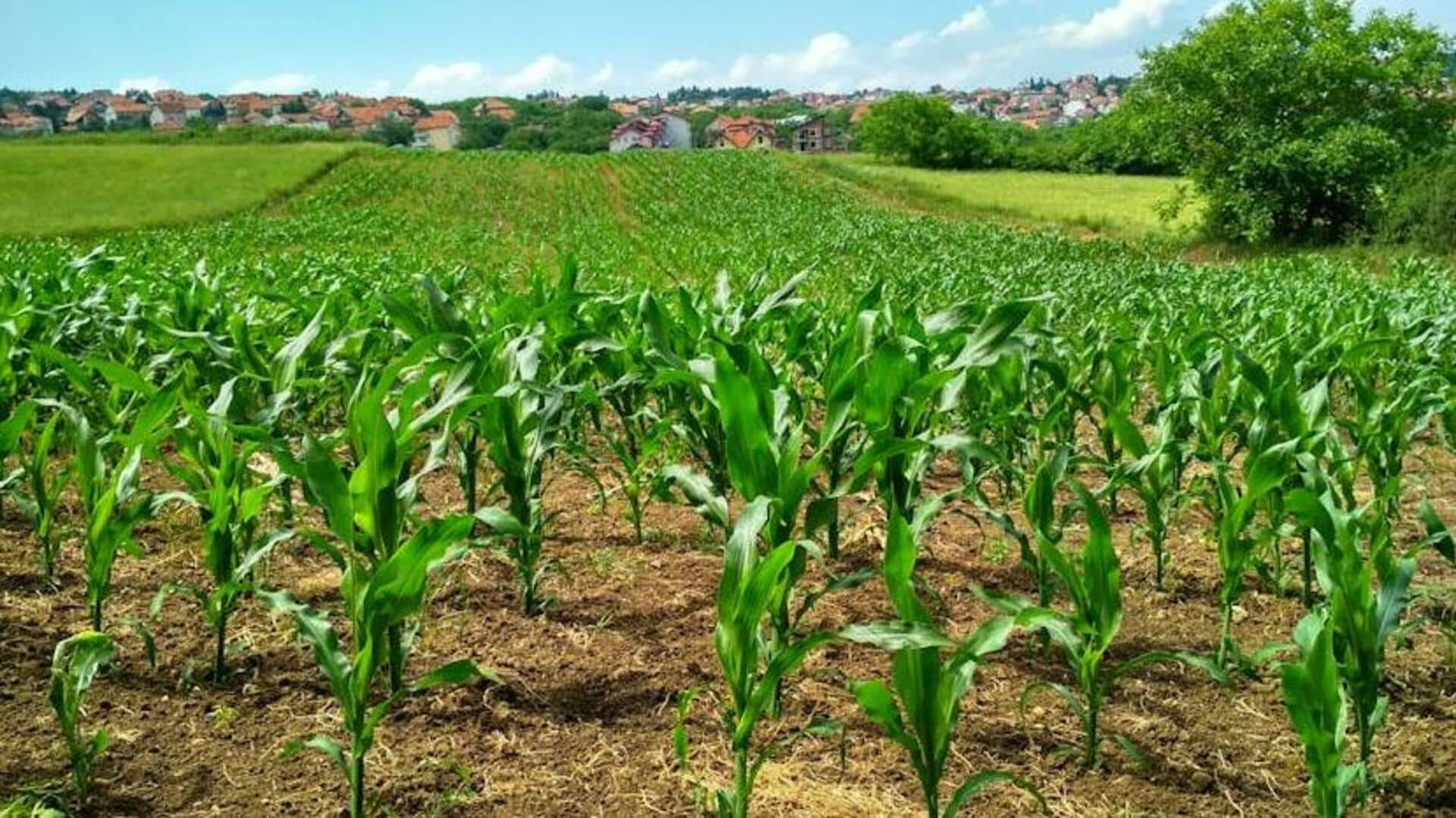
Etiquette for planting in community gardens
What's the story
Community gardens are a crucial place where people can connect with each other and the earth by growing plants, vegetables, and flowers. These shared spaces rely on collaboration, respect, and following some unwritten rules to maintain a positive environment for everyone. By learning and practicing good planting etiquette in community gardens, each member can help improve the overall experience, making it more fun and fruitful for everyone involved.
Resource sharing
Respect shared resources
In a community garden, resources like water, tools, and space are shared by everyone. Be mindful of how much you're using. Don't drown your plants in water or hog all the communal tools. If you take something out of the garden shed, bring it back clean and ready for someone else to use.
Plot maintenance
Keep your plot tidy
Keeping your assigned plot clean and tidy is not just considerate, it also helps prevent the spread of pests and diseases. Weed regularly, remove dead plants promptly, and keep the edges of your plot tidy. This will not only benefit your own gardening experience but also those of your neighbors.
Open communication
Communicate with fellow gardeners
Clear communication is key in a community garden. If you're going to be absent for a while, let your neighbors know so they can keep an eye on your plot and water your plants if necessary. Likewise, if you see someone else's plot needs care or there's a problem impacting the whole garden, approach them with kindness and a constructive attitude.
Guidelines adherence
Follow planting guidelines
Most community gardens establish rules regarding allowed plants, typically prohibiting invasive species or those that attract pests. Following these regulations is crucial to keep the garden a healthy, productive space for everyone. If you're unsure about a particular plant, always check with the garden coordinator or refer to the posted rules before bringing it in. Doing so helps preserve the health and productivity of the communal space.
Harvest sharing
Share your harvest generously
One of the most rewarding aspects of community gardening is the opportunity to share your hard-earned produce with others. If you find yourself with a surplus of veggies, why not offer some to your fellow gardeners or donate them to a local food bank? This act of kindness not only strengthens community bonds but also adds an extra layer of fulfillment to the gardening experience.